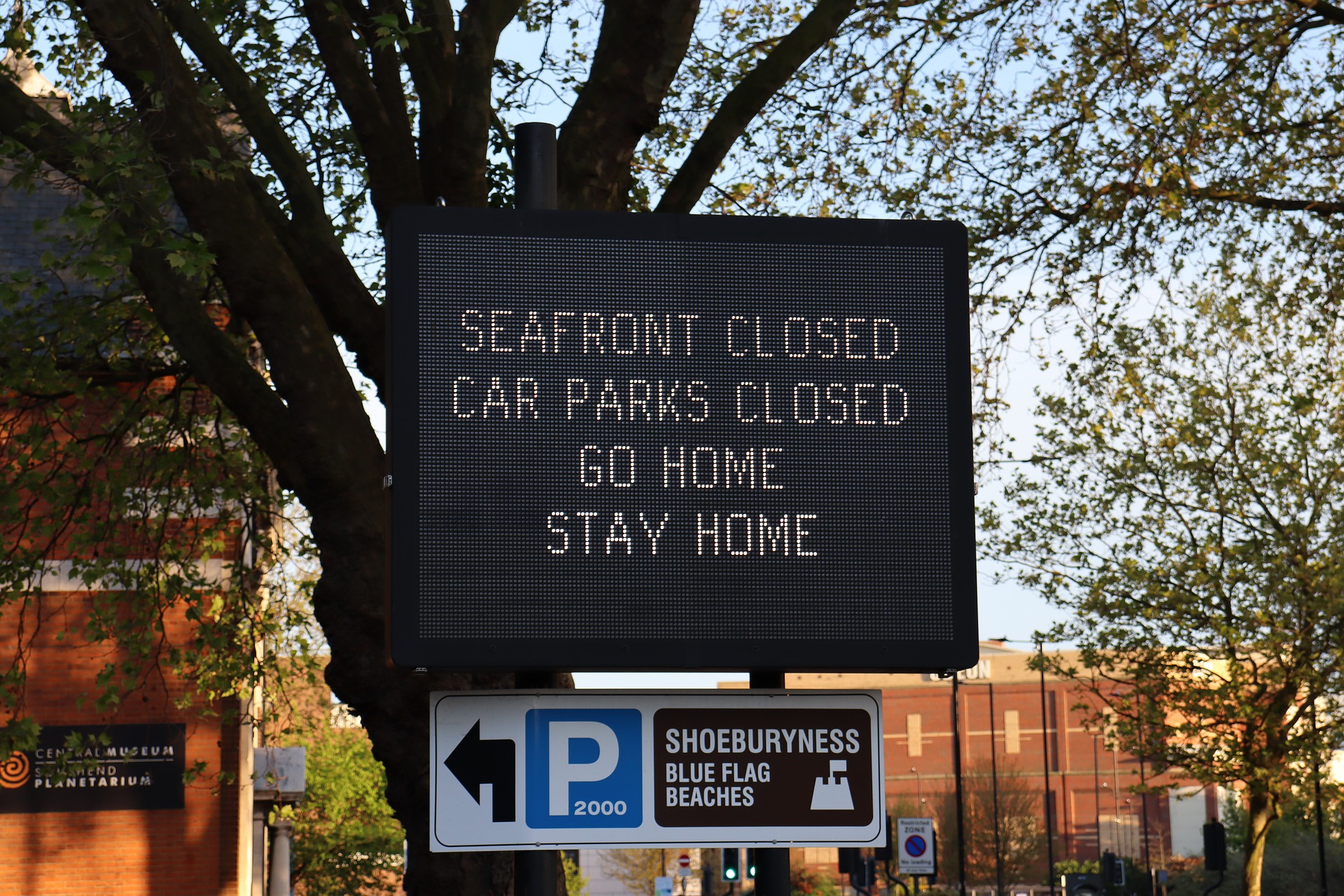Shut downs of any scale disrupt the typical functioning of the economy. Every action we take makes ripple effects. Obviously, the shelter in place orders and social distancing guidelines has affected the American and global economy tremendously both on a macro and a micro level. This economic hardship has battled for attention against the death tolls and other data related to the virus’ spread and possible treatment.
As a government employee, a public school teacher, my income has not changed, yet. My expenses have not increased; they have actually decreased a little since I have not had to fill up my gas tank since the beginning of March. (I did finally have to fill it up yesterday.) I also recognize that the position where I sit with a nearly fully funded emergency fund, limited expenses, lack of debt, and a stable income does not match what millions of others face. However, even if I did lose my job as a result of this crisis, I have enough of a cushion to land on my feet and survive until I found another job.
The postings I have seen both on social media and in the mainstream press have shown that an enormous number of people have felt these sharp, sudden negative economic effects in this unprecedented change to the economy that has lasted, in historical terms, barely any time at all. People do not respond well to uncertainty, myself most definitely included. This has led to the massive protests of state governments across the country clamoring for the reopening of businesses, protests that violate official guidelines both state and federal regarding preventing the spread of the virus.
On the one hand, these shutdowns have affected those least capable of weathering them in many ways, especially financially. When you live at or below the poverty line you either risk infection because you work on essential job or you cannot work because you have kids and no one to watch them now that schools have closed or your workplace has closed or both. Also, for a number of societal and economic reasons complex enough to warrant their own post, or even an entire book, those low wage workers often lack the ability to save for a sixth month emergency fund. No work means no food.
From the look of photographs taken and interviews of some people involved, the protestors appear to come from different demographics than described in the above paragraph. An overwhelming majority appeared to be white, lower middle class working people, small business owners, and apparently a lot of people needing a haircut. (That last bit comes from reading their protest signs, not from judging their appearance.) Interestingly enough, many of the frugality blogs I read come from this same demographic although most of them cut theirs and their spouses hair so they don’t quite tick that last box. They are all white and either work blue-collar jobs like nursing or work as stay at home parents. They have not expressed the same sentiments as those of the protestors, at least not publicly on the blog. All of them, although they take different approaches, have cut expenses and saved up for emergency funds and/or different contingency funds.
Therein lies the rub. If you plan to save and spend wisely like many prominent financial advisors, Dave Ramsey for example, recommend, losing your job or having to close your business temporarily will not economically devastate you in the immediate term. It will have an effect, certainly, but it the emergency fund provides a cushion that gives one time to figure out the next steps no matter how long it takes, within reason. What surprised me was the outrage that came days after announcements, the claims of instant economic devastation as a result of the closures. Even a modest emergency fund or savings account would provide at least a few days of calm before the storm. I could not and still do not understand how an announcement of recommendations to close non-essential businesses meant that people’s food, gasoline and house would instantly disappear. This panic has driven the protests against business closures, the same protests that have motivated easing of restrictions even before health officials recommendations.
I started this entry with the idea that I would focus primarily on fiancial terms such as the benefit to making the sacrifices necessary to build an emergency fund. Once I delved into the writing and explored the various aspects of the situation, I realized that this reflection on the economics actually reveals what our hearts desire, at least a little of it. I have discovered over the years that we put our money into things that we value. I have seen that in my own life with my spending on running as well as the money I have spent on my students when it comes to the above referenced immediate panic, I think that minds automatically flew to worst case scenarios of all the things they would no longer have the ability to purchase either due to decreased income or closures of establishments from which they might purchase those products. I understand that impulse to jump to worst case scenarios. As I have described before, I have made an unfortunate habit of that. Yet, getting stuck there reveals where people place the most value.
Ultimately, this crisis has revealed a whole lot about so many of us. It reached in and lifted the nice, comfy lid on our “normal” life. Finances form just a small part of that.
